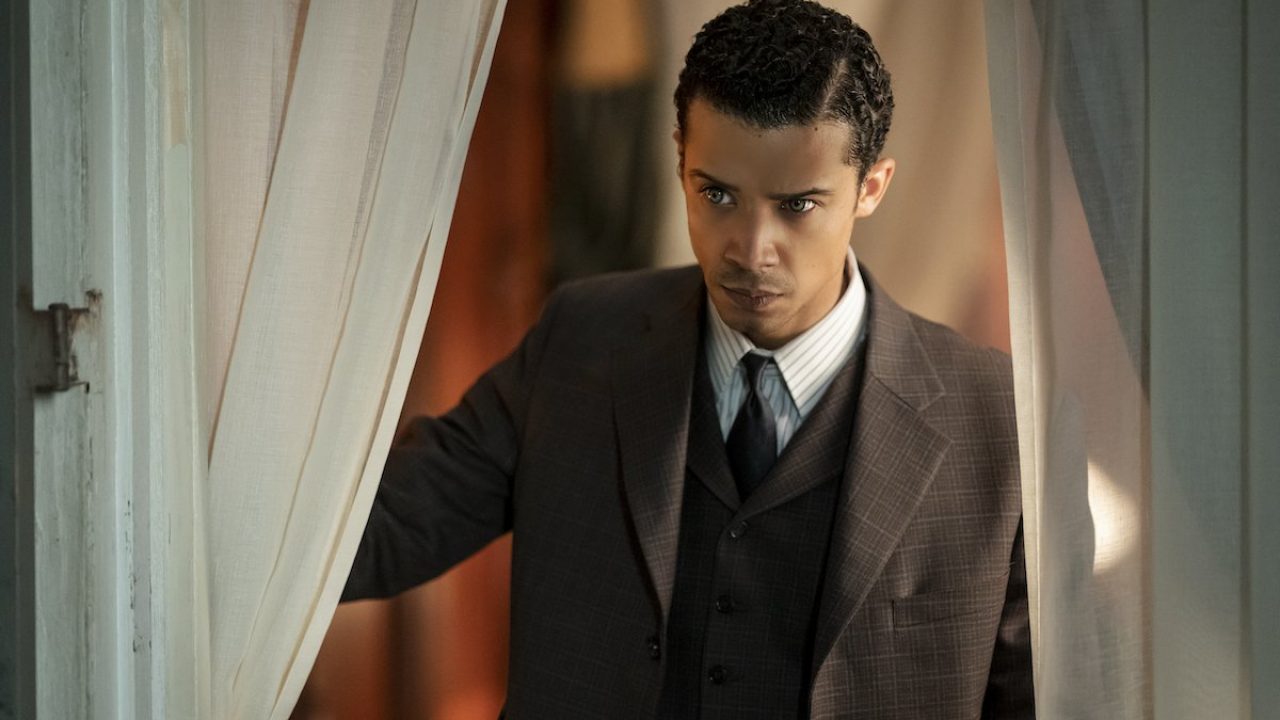‘Interview with the Vampire’ Episode 3 and Louis’ Justified Rage

(Spoilers ahead for Anne Rice’s Interview With the Vampire)
What happens when a Black gay vampire is pushed to the edge? Nothing good for those who have wronged said vampire. In the case of Louis (Jacob Anderson), episode 3, “Is My Very Nature That of the Devil,” marks him tipping way over the edge because of rage. And it doesn’t have good results for the Black citizens of New Orleans. The grim reality of racist laws of the time period would drive any Black individual over the edge. Louis, who happens to have supernatural abilities, is able to do something about it.
“Take a Black man in America. Make him a vampire. Fuck with that vampire and see what comes of it.”
– Daniel Molloy (Eric Bogosian) on Anne Rice’s Interview with the Vampire
Throughout the episode it’s made abundantly clear that Louis and Lestat (Sam Reid) are pushing each other’s buttons. Usually on purpose in the case of Lestat, who tends to be petty by design. Since Louis isn’t as cool with killing people, he’s taken to feeding on animals (which is rough to watch, but the scenes are brief). This is something that Lestat isn’t impressed by, and he makes that clear in his actions. This eventually leads to the silent agreement that their relationship is open. But in true hypocrite fashion, Louis sleeping with other men isn’t as cool with Lestat.
It shouldn’t be so riveting to watch these vampires to play games with one another. But it truly and is pretty human when you think about it. Louis’ feelings of anger and helplessness come from external and internal forces. He can’t change his Blackness, his queerness, or his vampirism. When he turns to an old flame for comfort, it’s a decision not solely made out of pettiness. He wants to have some control and enjoy himself as he should be allowed to (as Lestat freely does the same). Though Lestat had followed him that night, proving that Louis isn’t allowed anything.
From the rage that Louis feels surrounding having to deal with segregation, losing business, and his unstable relationship with Lestat, he was bound to boil over. And the concept of Black rage in horror and genre isn’t a new thing. A popular horror series example is Lovecraft Country and how rage came out in magical ways. All of this rage is justified, especially when you take in the context. Unless you’re Black, you can’t fully understand. All that build up over decades spilling out in a major act is something else.
Louis choosing to kill a very important white man (one he worked with on occasion) caused chaos in the streets and cost Black New Orleanians their lives and livelihoods. What his rage caused was violence, yes. But his rage wasn’t entirely destructive because it brought him Claudia (Bailey Bass)—who would change his immortal life as he knew it. I can’t and won’t reveal any major details, though what I will say is that Claudia’s presence changes everything. After all, trying to save a relationship with a child tends to do exactly that. No harm in trying though, right? Right?
(featured image: AMC)
Have a tip we should know? [email protected]